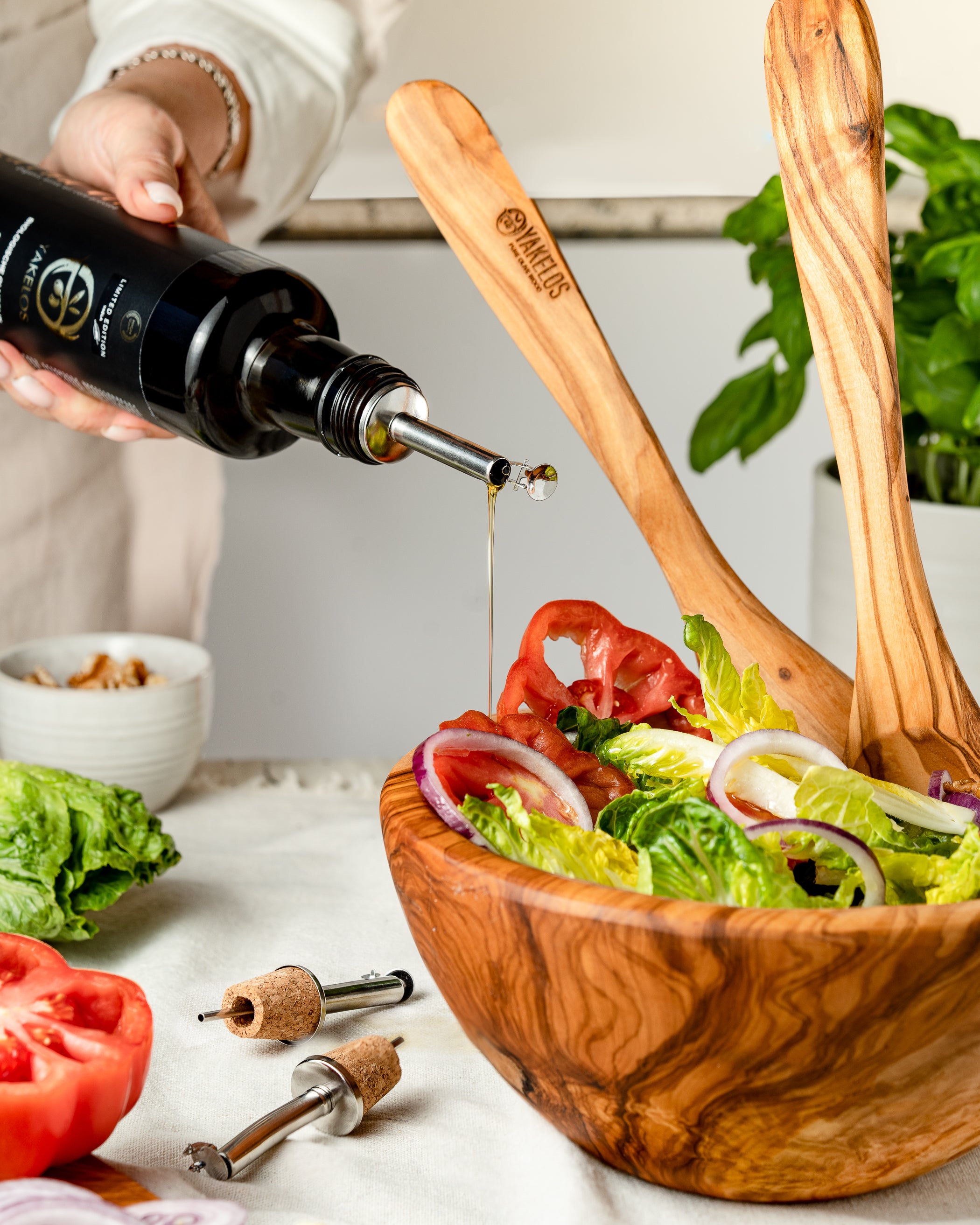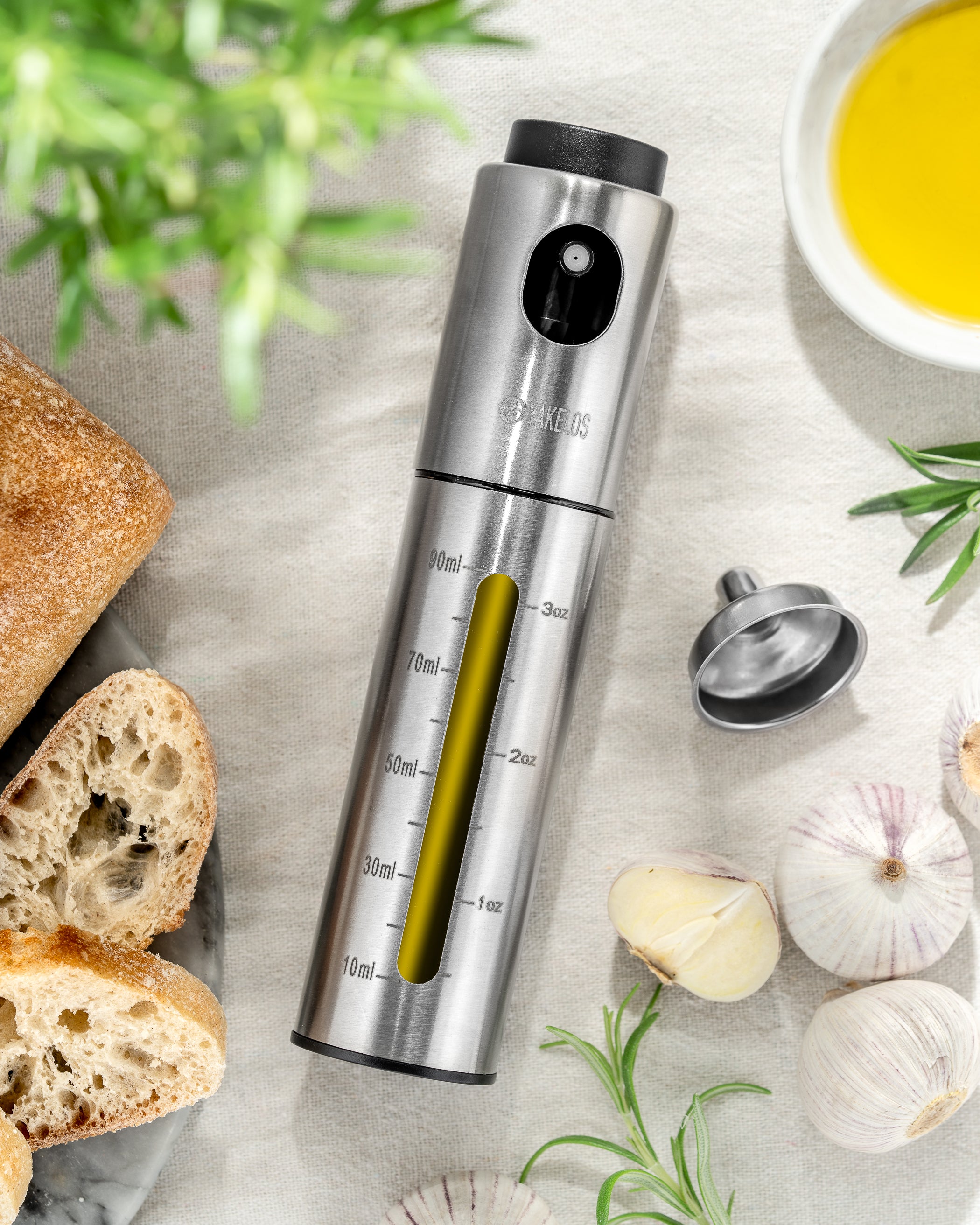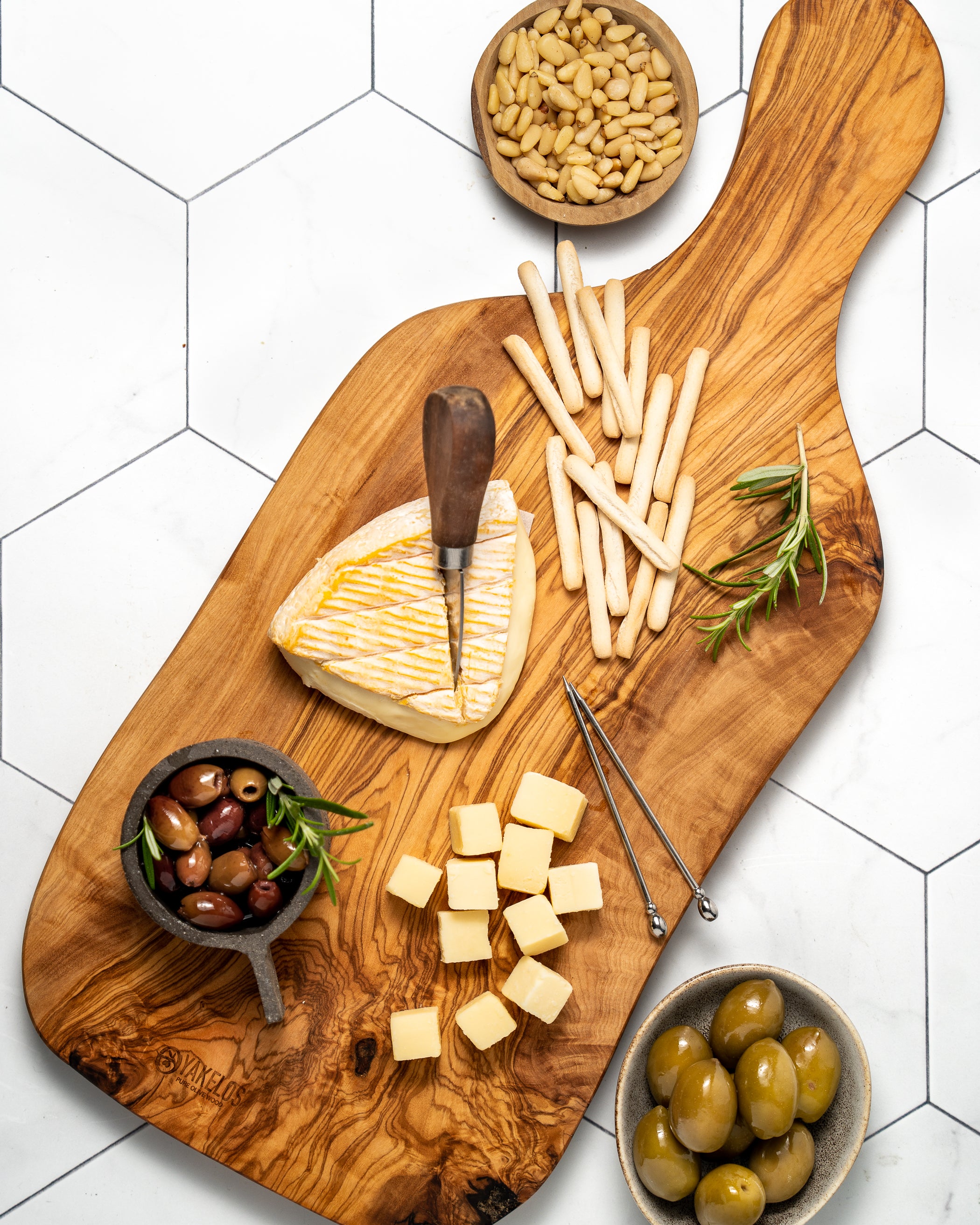Borders mean little to food—or to people who live near them. In many border regions, families and traditions overlap, and so do the ingredients that grow in the shared climate and soil. The kitchen, more than any map, shows us how connected we truly are.
Let’s head to the sun-drenched French Riviera—la Côte d’Azur, or “the Azure Coast.” This stunning region is known for its balmy weather and legendary towns: Nice, Cannes, Antibes, Saint-Tropez, and Menton. Just a short drive east, across the Italian border, lies Liguria, home to the town of Ventimiglia (which means “twenty miles”).
Most people know that Salade Niçoise hails from Nice. When it first appeared in the late 18th century, the recipe was simple: a mix of tomatoes, anchovies, olive oil, and black pepper. But just across the border, the Italians were creating their own version: Condiglione (or Cundigiun in Ligurian dialect). A dish so delicious it’s famous all the way to Genoa.
The name Condiglione has a curious origin. According to my Italian source, it comes from the verb condire, meaning “to season” (typically with herbs and olive oil). The suffix -glione implies excess—so we might translate it loosely as “abundantly seasoned.” And indeed, this salad is anything but shy.
Like Salade Niçoise, Condiglione doesn’t have a single strict recipe. Some say it’s a dish passed lovingly from mother to daughter—but in truth, it probably began as a practical way to use up whatever vegetables were fresh from the garden or on hand in the kitchen. Farmers would eat it quickly during a short break. Ligurian women would gather and share it while waiting for their fishermen to return, eating together from a single bowl known as u grillettu.
At its heart, Condiglione celebrates the bounty of the Ligurian summer. Tomatoes, cucumbers, red onions, green beans, sweet peppers, and sometimes potatoes—whatever the terraced gardens of the coast provide. Freshly torn basil leaves add fragrance, while the briny punch of salted anchovies and the sweet, meaty Taggiasca olives bring richness and depth. The final flourish: a generous drizzle of extra virgin olive oil.
Ligurian locals are so passionate about their boldly seasoned salad that they even have a proverb about it:
“Non mi fido di tre cose: condiglione senza condimento, bella donna civettuola, contadino senza tridente.”
Or in English:
“I don’t trust three things: Condiglione without seasoning, a flirtatious beautiful woman, and a farmer without a pitchfork.”
A salad, a saying, a story of shared culture. That’s the beauty of border cuisine.




